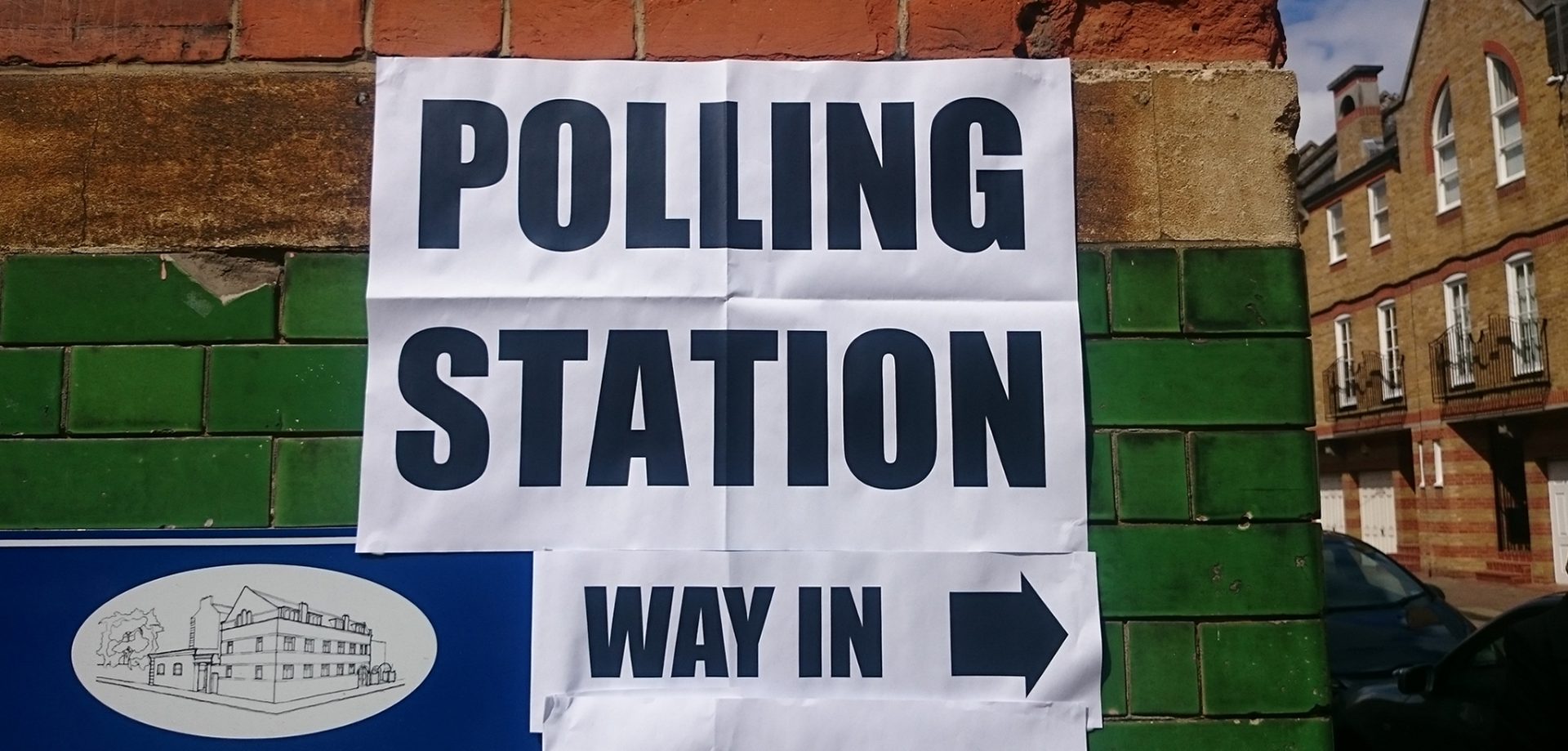It’s a rare moment when the papers in Britain agree with one another. Yet, following the May 2nd local elections, they all appeared to have the same message: the polls are correct in their prediction of electoral distaster for the Tories come the next general election.
The Conservatives undeniably took a thumping, losing 474 councillors, the Blackpool South constituency and a key mayoralty. But how much can we really extrapolate these results to make predictions about the general election? For many of our generation, whose formative political experiences were the shock victories of Trump and Brexit in 2016, there is a perhaps inbuilt scepticism of any media coverage that presents an election outcome as certain. Should we really take such prognoses at face value?
Certainly, local elections are much more complex than general elections. The beginning of May saw a mixture of council elections across England, as well as Police and Crime Commissioner contests in England and Wales, and 11 mayoral elections. This is far from a comprehensive national picture; we learn nothing about Scotland where Labour must make gains to form a majority. Nor are voters guaranteed to make the same decisions when it comes to choosing an MP. Voters are more willing to support smaller parties and independents at the local level, before returning to the major parties at a general election. The Conservatives, one might think, might take some solace in the fact that the results later this year could be very different.
But the truth is that the Conservatives benefited from the key differences between local and general elections, rather than being hindered by them. Their few successes came where voters chose to think local, despite deep frustrations with the national party. Ben Hounchen, the Conservative mayor for Tees Valley, won re-election by distancing himself from the national brand, running on his local impact, and dropping the Conservative logo from many of his pamphlets. His brag that voters liked him whilst disliking the Tories shows an understanding that, in contrast to Sunak’s attempts to paint it as evidence of some remaining hope for the Conservatives, many who backed Houchen will be voting against his party later this year.
Despite Tory attempts to cosplay as independents, national issues were clearly more important to voters. Andy Street, who said the quiet part out loud when he admitted that it was “utterly deliberate” to leave the Conservative logo off his campaign material and declared that people are “sick and tired of Westminister”, still narrowly lost his West Midlands mayorship. This is especially true for councillors, who bore the brunt of public anger with the national party’s failings, resulting in the Tories losing control of ten councils.
This is in part because you can’t fully separate local and national issues. Whilst the May elections frequently featured ‘hyper local’ concerns such as potholes and road quality, such issues are directly connected to national problems, such as the decline in local council funding under the Conservatives, which leaves local bodies unable to tackle voters’ priorities. Voters cannot think local without being persistently reminded of Conservative failings.
This has been exacerbated by the ongoing death of local news. As more small papers close due to rising costs, our news feeds are dominated by stories on ‘party-gate’ and Liz Truss’ disastrous premiership, rather than the actions of our local councillors. Consequently, such stories are at the front of our minds when we head to the polling booth. As a result, local votes tell us more about national perceptions of the major parties than the Conservatives might want to admit.
The loss of these councillors is not only significant as an indicator of where national politics is heading. It may have a material impact on the outcome of the next election. Councillors make up the ground force of national parties, organising much of the local campaigning and door knocking which is crucial for getting MPs elected. With many Conservative councillors now out of the job, in their view, because of the actions of the those in Westminster, they will be much less keen to help their local candidate. This will make it harder for Tory hopefuls to connect with their local constituents, something they will need to do as few will be looking to run on the government’s track record.
Admittedly, the consistently low turnout for local elections should give pause to anyone wishing to make big predictions off the back of this month’s results. Previously only 32% of those who voted in the general election in 2019 voted in the 2018 local elections in areas able to participate in both. But there is little reason to believe the Conservative claim that the general election will see loyal voters finally show up to the polls. As the 2018 local election showed us, those who don’t vote at the local level but do in the general election often change parties, rather than stick to their usual loyalities. With the greater presence of Reform UK at the general election, whose capacity to damage the Tories was demonstrated at the Blackpool South by-election, it is likely that Tory voters who stayed away this month may be the ones who jump ship later this year.
Don’t get me wrong, a Labour landslide is far from guaranteed. Keir Starmer must take seriously the complaints over his stance on Gaza which lost Labour control of the Oldham Council. We are also yet to see whether the SNP can mount a comeback under Swinney, or will continue to suffer from the same incumbency problem and perceptions of corruption as the Conservatives. But if the Tories perform better than expected at the general election, it will be because of events that occur between now and then, and not because the distortive nature of local elections. Every once in a while, it’s okay to believe the media hype.



